![图片[1]-Empowering Sustainable Agriculture: The Ultimate Guide to GPS‑Enabled Drone Sprayers-msoen](https://www.msoen.com/wp-content/uploads/2025/04/4e0d9ec2ca214327-576x1024.jpg)
As global food demand rises, farmers face mounting pressure to boost yields, reduce costs, and minimize environmental impact. At the heart of this transformation lies GPS‑enabled agricultural drone sprayer technology—an innovation that’s redefining crop protection. In this comprehensive guide, we explore how our factory‑direct UAV sprayers bring precision, efficiency, and sustainability to farms of every scale.
1. Why GPS‑Enabled Drone Sprayers Are Game‑Changers
Modern farms demand smarter solutions. Traditional broadcast spraying often leads to uneven coverage, chemical waste, and operator risk. In contrast, GPS‑enabled drone sprayers offer:
- Centimeter‑Level Accuracy
Real‑time kinematic (RTK) GPS integration guides each flight path within ±2 cm, ensuring complete and uniform coverage. - Automated Mission Planning
Preloaded field maps enable one‑tap mission setup—simply draw your target area in the mobile app, and the drone autonomously executes the spray run. - Adaptive Spray Control
Variable‑rate application adjusts flow rates on‑the‑fly based on field topography and crop density, delivering just the right amount of product where it’s needed most. - Enhanced Safety & Compliance
Geo‑fencing and return‑to‑home features prevent accidental entry into no‑fly zones, while automatic data logging satisfies regulatory reporting requirements.
2. Key Components of Our High‑Performance UAV Sprayers
Our factory crafts robust, turnkey drone sprayer systems engineered for intensive agricultural use:
| Component | Feature Highlights |
|---|---|
| Precision GNSS Module | RTK/PPK support, multi‑constellation satellite tracking |
| Smart Pump System | Brushless DC pump with pressure feedback and clog detection |
| Multi‑Nozzle Assembly | Exchangeable nozzles for droplet sizes from 20 μm to 400 μm |
| Modular Airframe | Carbon‑fiber arms, quick‑release mounts, IP67 waterproofing |
| High‑Capacity Battery | Hot‑swap Li‑ion packs, 30–45 min flight time, rapid recharge |
| Ground Control Station | 7″ touchscreen, live telemetry, mission editing, and reporting |
Each unit undergoes full‑scale field trials—wind tunnel testing, obstacle avoidance checks, and chemical compatibility verification—to certify reliability across diverse crop environments.
3. Top Benefits for Farmers and Distributors
- Up to 50% Reduction in Chemical Usage
Precision targeting and variable‑rate application drastically reduce over‑spray and drift. - 30–60% Faster Field Coverage
A dual‑operator drone team can treat over 30 hectares per hour—far outpacing ground equipment. - Minimized Labor Costs
One trained pilot can manage multiple drones, freeing up labor for harvesting and maintenance tasks. - Scalable Fleet Growth
Modular design enables seamless integration of additional units as acreage expands. - Data‑Driven Insights
Integrated sensors capture application rates, flight logs, and geo‑tagged records for ROI analysis and traceability.
4. Real‑World Applications and Crop Compatibility
Our GPS‑enabled drone sprayers excel across a wide spectrum of crops and terrains:
- Rice and Paddy Fields
Low‑altitude sprayers ensure fine droplet deposition under canopies. - Orchards and Vineyards
High‑boom nozzles and adjustable pitch settings deliver even coverage on tall trees and vines. - Row Crops (Corn, Soybean, Cotton)
Automated grid‑pattern spraying reduces operator fatigue and ensures edge‑to‑edge treatment. - Nurseries and Greenhouses
Precision spot‑spray mode targets specific plants, minimizing chemical contact with beneficial specimens.
5. Choosing the Right Drone Sprayer for Your Operation
Selecting the optimal model depends on:
- Field Size & Layout
- Small Farms (<20 ha): Single‑rotor drones with compact footprints
- Medium to Large Farms (20–100 ha): Quadcopters with 20–30 L tanks
- Industrial Scale (>100 ha): Octocopters with 40+ L capacity
- Crop Type & Canopy Density
- Dense Canopies: High‑pressure atomization
- Delicate Seedlings: Low‑pressure, ultra‑fine mist
- Operational Resources
- Single‑Operator Teams: Look for automated battery swaps and simple UI
- Full‑Service Distributors: Prioritize multi‑drone fleet management software
- Budget Considerations
- Entry‑Level Units: Basic GPS guidance, smaller tanks
- Advanced Systems: Full RTK GPS, long‑range video feed, integrated multispectral sensors
6. Maintenance and Support: Maximizing Drone Uptime
To ensure your sprayer remains field‑ready:
- Regular Calibration: Weekly pump flow and nozzle checks
- Software Updates: Over‑the‑air firmware patches for navigation and safety
- Spare Parts Kits: Propellers, filters, and quick‑swap batteries on standby
- Training Programs: On‑site pilot certification and drone maintenance workshops
Our dedicated after‑sale team provides 24/7 remote support, ensuring rapid troubleshooting and minimal downtime.
7. The Future of Smart Farming with Drone Sprayer Integration
As precision agriculture evolves, drone sprayers are increasingly integrated with:
- AI‑Powered Analytics: Real‑time anomaly detection for pest outbreaks
- IoT‑Connected Sensors: Soil moisture and weather data to optimize spray timing
- Blockchain Traceability: Immutable records of pesticide usage for compliance
By adopting GPS‑enabled UAV sprayers today, farmers and distributors position themselves at the cutting edge of sustainable, data‑driven agriculture.
Conclusion
GPS‑enabled agricultural drone sprayers represent more than a technology upgrade—they’re a strategic investment in yield enhancement, cost reduction, and environmental stewardship. As a leading UAV sprayer factory, we combine precision engineering, rigorous testing, and comprehensive support to deliver solutions that transform modern farming.
Ready to elevate your crop management? Request a personalized consultation and discover the power of GPS‑enabled drone spraying for your next season.

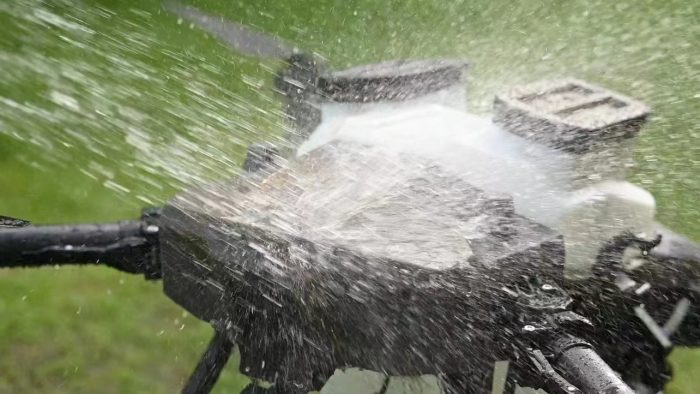
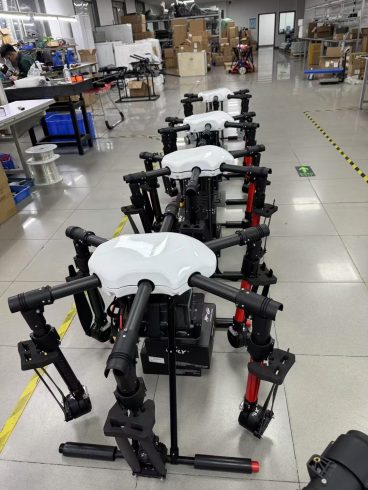
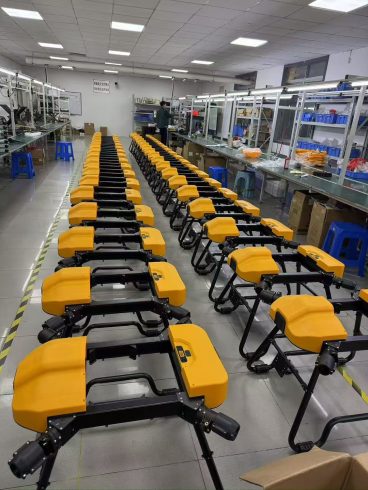
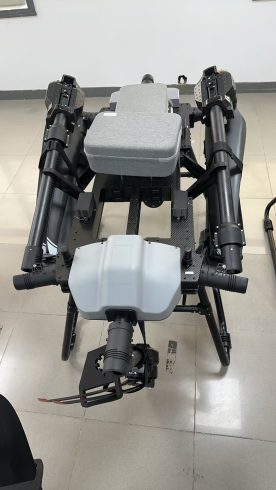
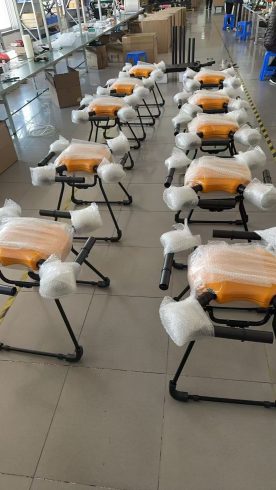
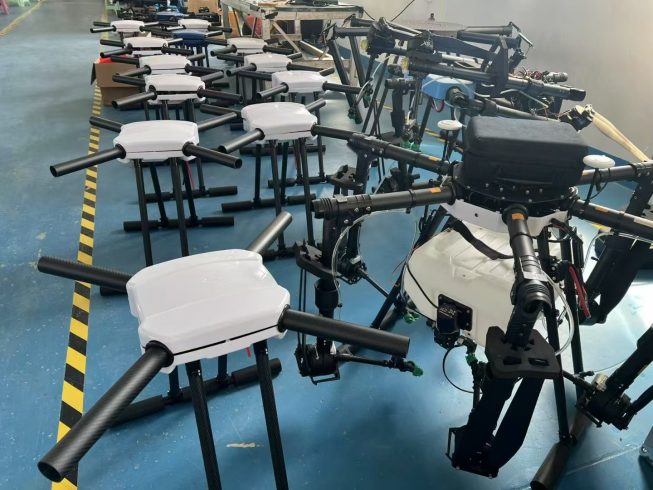
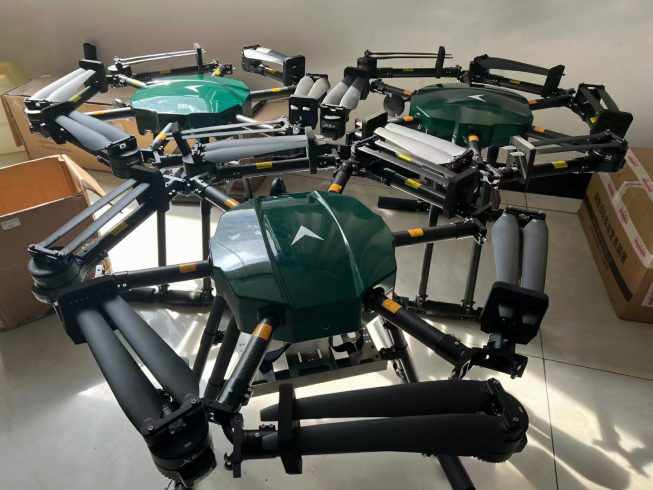
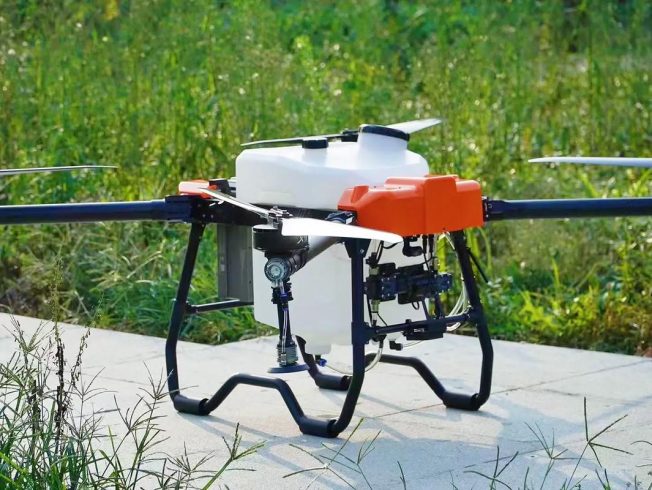
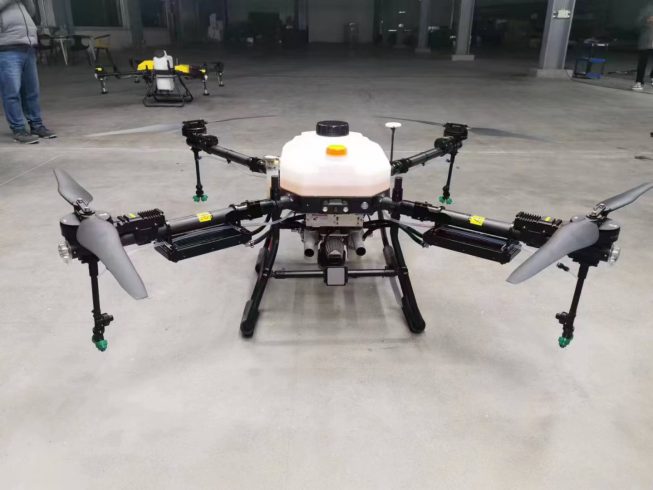
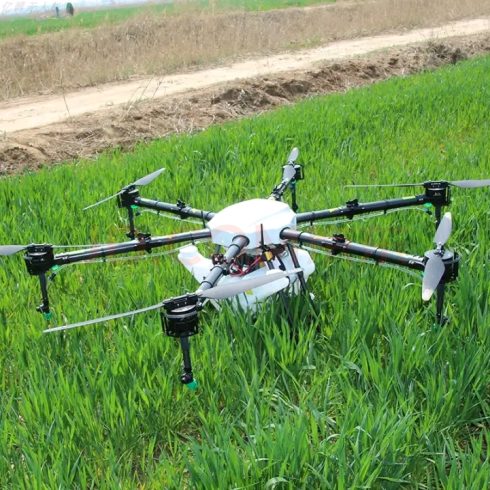

暂无评论内容